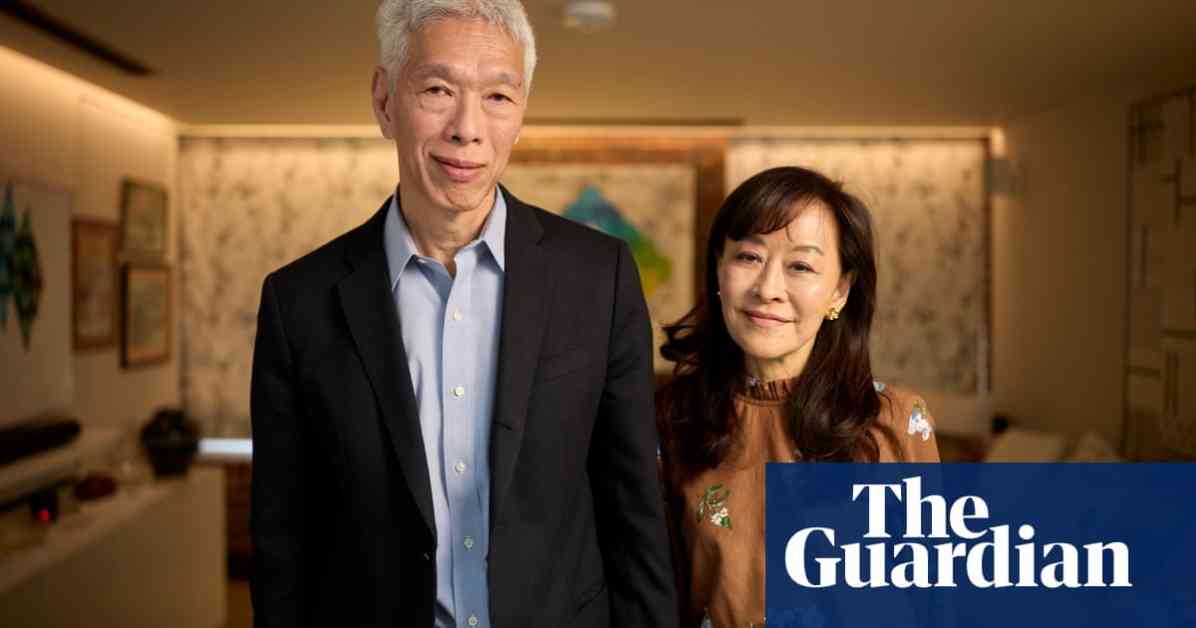Lee Hsien Yang, a prominent figure in the family that has been a dominant force in Singapore since its independence, recently spoke out about the persecution he faced in his home country, leading him to seek asylum in the UK. The son of Singapore’s founder, Lee Kuan Yew, shared in an exclusive interview with the Guardian that he felt targeted by the authoritarian regime for endorsing the opposition after a family dispute.
According to Lee Hsien Yang, the authorities in Singapore used unfounded allegations against him, his wife, and his son, which escalated to the point where he felt his safety was at risk and decided to leave the country. Despite Singapore’s economic prosperity, he emphasized that there is a repressive side to the government that is often overlooked.
Lee Hsien Yang also shed light on Singapore’s role in facilitating arms trades, money laundering, and other illicit financial activities, calling for a closer examination of the country’s practices beyond its public image. He highlighted the need for transparency and accountability in Singapore’s financial sector, especially considering its regional influence as a major financial hub.
The rift within the Lee family over the fate of their father’s home sparked a series of legal battles, including accusations of scandalizing the judiciary and improper conduct related to Lee Kuan Yew’s will. Lee Hsien Yang’s decision to join an opposition party in 2020 further fueled political tensions and led to allegations of persecution against him.
Despite the Singapore government’s claims that Lee Hsien Yang and his family are free to return to the country and that the legal actions against them are justified, Lee Hsien Yang maintains that he was targeted for political reasons and subjected to extensive surveillance. He believes that his brother, the current prime minister, played a role in the persecution he faced.
The case of Lee Hsien Yang highlights the complex dynamics of power, politics, and family legacy in Singapore. It raises questions about the limits of dissent in a tightly controlled society and the challenges faced by those who speak out against the status quo. The issue also underscores the importance of upholding human rights and the rule of law, even in countries with strong economic performance and international reputation.












